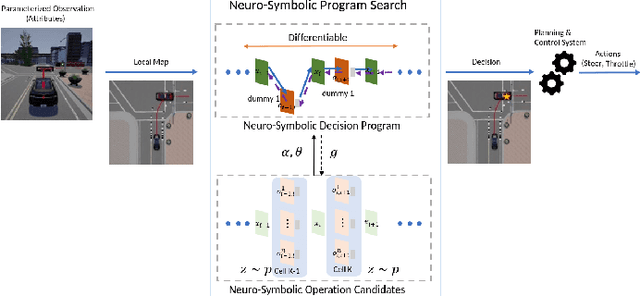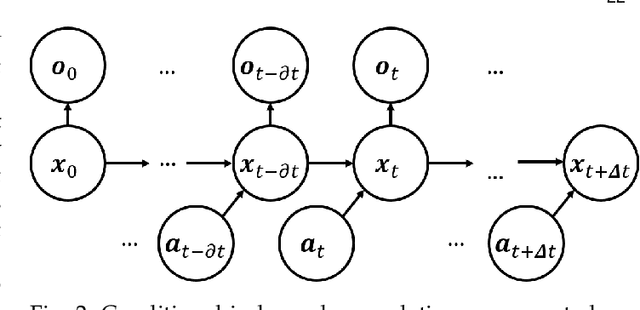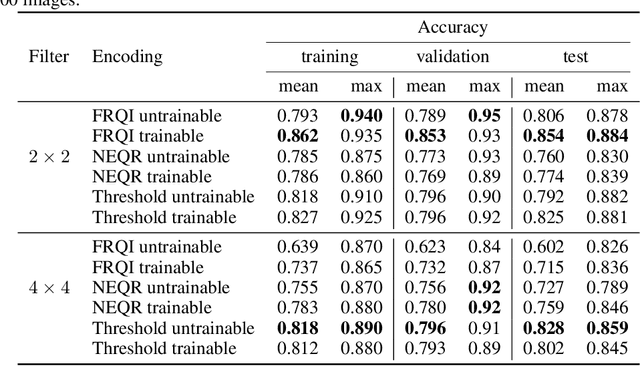Denny Mattern
Knowledge Augmented Machine Learning with Applications in Autonomous Driving: A Survey
May 10, 2022



Abstract:The existence of representative datasets is a prerequisite of many successful artificial intelligence and machine learning models. However, the subsequent application of these models often involves scenarios that are inadequately represented in the data used for training. The reasons for this are manifold and range from time and cost constraints to ethical considerations. As a consequence, the reliable use of these models, especially in safety-critical applications, is a huge challenge. Leveraging additional, already existing sources of knowledge is key to overcome the limitations of purely data-driven approaches, and eventually to increase the generalization capability of these models. Furthermore, predictions that conform with knowledge are crucial for making trustworthy and safe decisions even in underrepresented scenarios. This work provides an overview of existing techniques and methods in the literature that combine data-based models with existing knowledge. The identified approaches are structured according to the categories integration, extraction and conformity. Special attention is given to applications in the field of autonomous driving.
Variational Quanvolutional Neural Networks with enhanced image encoding
Jun 23, 2021



Abstract:Image classification is an important task in various machine learning applications. In recent years, a number of classification methods based on quantum machine learning and different quantum image encoding techniques have been proposed. In this paper, we study the effect of three different quantum image encoding approaches on the performance of a convolution-inspired hybrid quantum-classical image classification algorithm called quanvolutional neural network (QNN). We furthermore examine the effect of variational - i.e. trainable - quantum circuits on the classification results. Our experiments indicate that some image encodings are better suited for variational circuits. However, our experiments show as well that there is not one best image encoding, but that the choice of the encoding depends on the specific constraints of the application.
 Add to Chrome
Add to Chrome Add to Firefox
Add to Firefox Add to Edge
Add to Edge